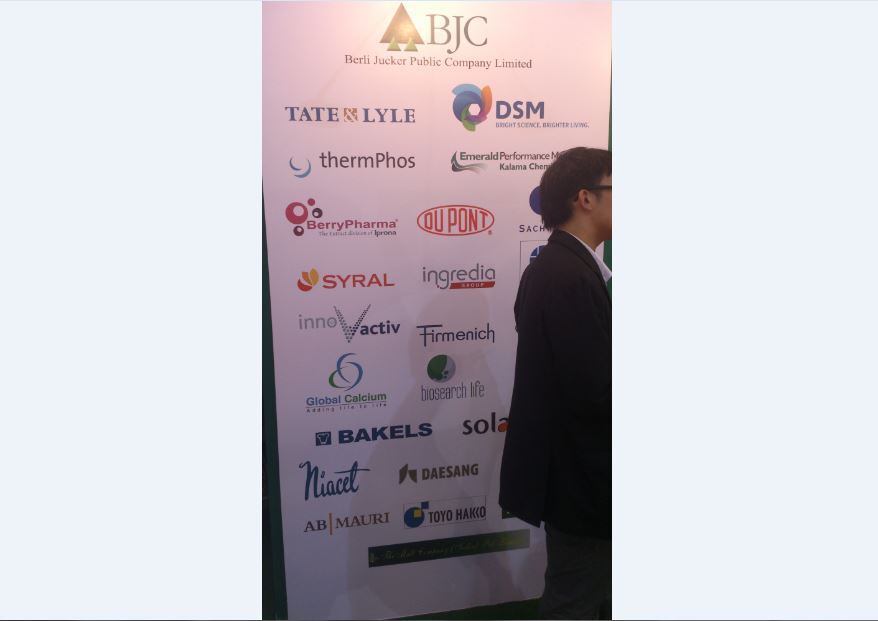At Food Ingredients Asia-Thailand today in Bangkok, the prominence of distributors is a major difference to European or American shows where the ingredient suppliers take precedence and the distributors are in the background or not present at all.
The likes of 130-years-old, Thailand focused Berli Jucker Public Co Ltd (BJC) count upwards of 15 major European or American suppliers on their books.
“If you come into Thailand, or Asia, it is a different culture to the west, so you need to understand this and you need the relationships so that is why you need a distributor,” said BJC’s manager of food and nutraceuticals, Ua-Aree Chatuchinda.
Chatuchinda said the work required to build trust between partners was something many western firms underestimated.
“We talk to them about what to bring to market, and how, and we come to a conclusion together. The European approach is useless in Asia.”
With so many firms on its books, the company is careful about which companies and ingredients it will represent to prevent supplier portfolios overlapping.
“If there are going to be conflicts of interest we develop a plan to deal with that. It is very important.”

One of its clients is Tate & Lyle which has its Asian base in Singapore.
Faster, better to market…
“Essentially for Tate & Lyle and other multinationals we are looking to have local partners to really access these markets where locally customised knowledge is highly needed,” said Benny Ang, T&L south east Asia sales manager in specialty food ingredients.
“It means we can access these markets better and in a shorter time frame than if we come in direct. As with any relationship it takes input from both parties to make it work but we find it works well.”
“The key is Transparency.”
Edward Kim is the president of South Korea-based distributor and market consultant, Henus, which counts Korea Yakult and Pharmachem as clients. He said local partners were particularly useful given the diversity of regulatory set-ups in Asian countries.
“Every market situation is different. You need suppliers and distributors that know the market very well and to take care of regulations because the regulations can be more strict than in western countries.”
Health claim submissions were one area his company had become adept at where differences range from 300 or so approved claims in South Korea to none in Thailand, although that may be about to change as the ASEAN group of ten south east nations it is a member of is set to implement cross-region rules.
“Big companies can do it but for small manufacturers it is quite difficult. You need to find a suitable local partner 100%. You could go it alone but it would take so much time and effort it is better to use a local distributor. It is the easiest and most efficient way.”
“I explain to them honestly about the market situation and I am transparent about the market from the beginning. If I am not transparent they will be suspicious of me. The key is Transparency.”
“Customs is main difference”
Marcus Assmann, technical sales manager for Hydrosol under the German-based Stern group banner, emphasises the need to have people on the ground, especially given the type of regulations typically in place around importation of raw materials.
“You can’t just be coming here 6-7 times a year – you have to be running the business with local people.”
“You don’t have to clear up your customs in Europe which is a lot different to Asia. For every country you need a different distributor. Especially for us as we are selling blends not single ingredients and so we need more technical knowledge.”
